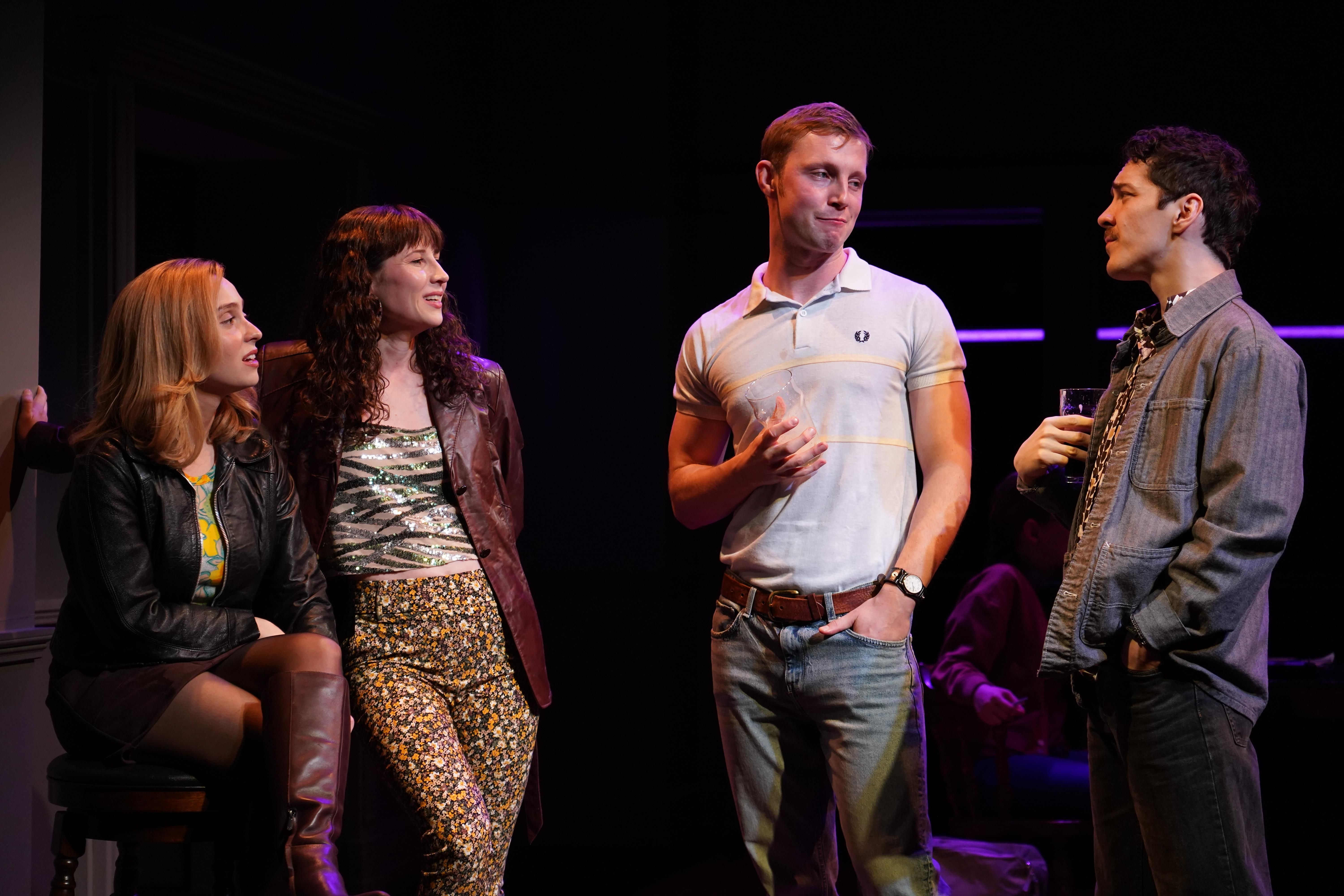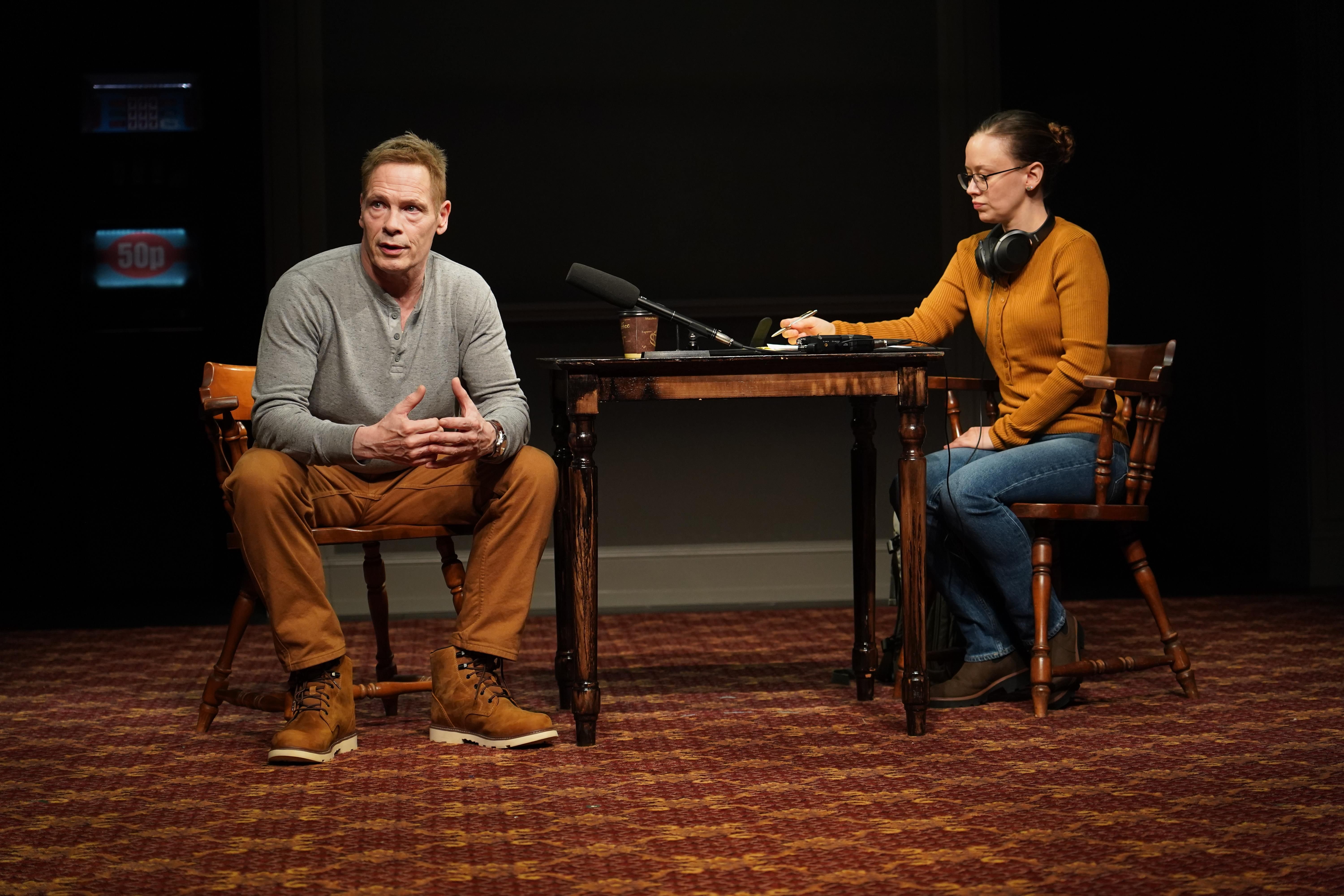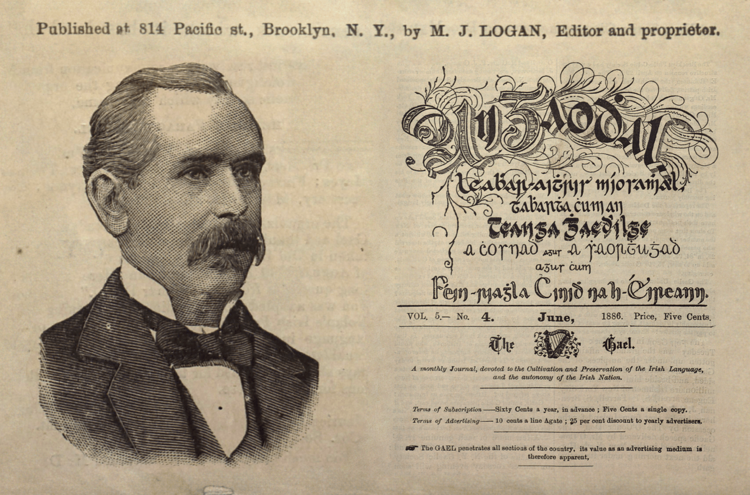In 1979, at the time when Northern Ireland was under siege by a civil atrocity we know as the Troubles, a song was playing on the radio by an Englishman named Dave Mason. The memory of the words were maybe muffled under the shouting in bars, or overtaken by the ruckus, the chanting in the streets, cries of a fighting kind. But the words are worth remembering. The song was an easy number, a simple truce of harmony and rhyme. As it goes, Mason and his band join on the one, same refrain: “…So let’s leave it alone, ‘cause we can’t see eye to eye. There ain’t no good guy. There ain’t no bad guy. There’s only you and me and we just disagree…” the tune carrying over the Belfast skyline.
History, as we know, is often written by the winners: winners of public opinion, the lion’s share-holders of the media, majority rule of academia, whisperings of mottos, myths and hearsay. The truth, the empirically objective reality as we think of it, is a rare record in history—and still we each strive for it.
But how do we judge the events of history, preventable and repetitive as they are? Should we care that history is represented fairly, or even equally, when it has already been decided? Why do we declare this self-evidence, and for whose future ears to forever hear? What do we learn in the ugly reveal of truth?
It is within these questions that Leo McGann so convincingly discerns fact from fiction with the New York premiere of “The Honey Trap,” an indictment of all involved in the sticky trouble of truth, directed by Matt Torney at the Irish Repertory Theatre through Nov. 9.
“The Honey Trap”, a three-dimensional perspective on a two-dimensional conflict, centers on an Irish-American researcher Emily (Molly Ranson) who conducts an oral history of the Troubles, reminiscent of the notoriously controversial Belfast Project compiled by Boston College. In a spirit of pluralism, Emily interviews Dave (Michael Hayden), a former British officer who recounts the murder of his friend Bobby (Harrison Tipping) lured by siren IRA members “Kirsty” (Doireann Mac Mahon) and “Lisa” (Annabelle Zasowski), one fateful night at a Lisburn bar in 1979.
Suspicious of the Irish-identifying Emily’s impartiality, Dave gives his vantage view of history in suspected good faith; the story of young, ordinary lads, doing the unsavory business of keeping the peace, in circumstances beyond their control. After some unsuccessful attempts to establish sufficiently sensitive boundaries, the interview sporadically dissolves as Dave and Emily fail to find mutual trust, arguing over intentions and ideological blind spots.
As their motives find clarity—Emily’s concerted compassion for an historic enemy, and Dave’s insatiable justice for Bobby’s (and his) legacy—the two begin to find common ground, until Dave perceives Emily has information from her tapes that identify Bobby’s murderer. When Emily refuses to divulge names to protect her interviewees, all reconciliation is reversed, throwing Dave’s past in collision with his present, calling everything, truthfully told, into question.
McGann’s two-act testimonial of the Troubles, told through the psychological scars of a British soldier stationed in Belfast, invariably capitulates to certain commonplace etiquettes surrounding the fallout of this visceral history. Emotional complexities of the conflict are well addressed, and sensitivity is attributed in fair depictions of these characters without hiding from the traumatic reality of events. No person in this play is portrayed as a “monster;” each is a human capable of compassion, called upon by history to commit inhumane acts.
Under Matt Torney’s direction, the production teeters between certain realism of documentary and theatricality; which in its moments of heightened theatrics, never idles too long on the brink as to fall fully into condescension. With occasional exceptions to the odd-placed combat choreography, as well as some half-committed plot-propelling in the second act via an apparently loaded handgun, “The Honey Trap” presents a genuine endeavor of empathy and understanding towards those coping with the complicated reality of the Troubles.
McGann cleverly comprised this drama as a two-part interview, with each act structured as oral narratives for both body politics, republican and unionist, with its narratives deliberated equally: each manipulative, each sincere. McGann’s work is set apart from political dramas of his contemporaries by the decisively unreliable narrators, who redact, retell, and obscure their oral histories in inconsistent flashbacks during critical moments of the audience’s trust. This vital character flaw, that one cannot be honest even with oneself in dictating a prevailing truth, imbues this production with theatrical subversion and profound appeal.
The intricate conflicts of the production are supported superbly by this cast, particularly those who portray the ensemble in Dave’s memories. In the role of the Young Dave, Daniel Marconi is an astonishment of charisma, holding court in every scene with the agile charm, refined aggression and sobered presence of a soldier straddling the verge of annihilation. As his counterpart Bobby, Tipping plays the epitome of the innocent and ignorant recruit, romanticized and unassuming, to the point of heartbreaking reprehension. In their roles as Kirsty and Lisa, Mac Mahon and Zasowski were thoroughly suited to their ploys as chillingly inconspicuous femme fatales.

Annabelle Zasowski, Doireann Mac Mahon, Harrison Tipping, and Daniel Marconi in “The Honey Trap.”
As Emily, Ranson portrayed a veritable naivete, passive understatement, and guileless kindness in her role, and brought a completely convincing intellectual maturity that would have passed the test for an authentic graduate.
In the play’s most devastating scenes were Samantha Mathis and Hayden, as Sonia (the present day “Lisa”) and Dave, who perform a sparse instance when—if their plots crossed paths differently—they might have lived happily. Despite their own divisions and brutalities, Dave and Sonia carry the same inner wounds as survivors of the Troubles. There is a violent restlessness, there is fatigue, there is deep cut pain, and an inconsolable guilt, desperate to be forgiven or at least taken away. Hayden and Mathis compliment one another’s remorseless despair and fragility with extraordinary agony.
The great problem of history is in our storytelling, for we have an aversion to any conflict with our winners. We would like to think that what we have done, and still do, is right, and that the right winners have won their place in the history books. With selective hearing, and speaking, we may do this.
But humans do bad things for good causes. There are no good guys. There are no bad guys. Or rather, there are good guys and bad guys, changing place in time. There will always be you and I, and our actions, and the consequences brought after. We may reconcile with trust, for without trust we will fear judgment and revenge. Perhaps in confessing our faults and listening with compassion, we may know the truth.
For tickets, visit irishrep.org/








